9 min read
Electric boilers: An introductory guide for homeowners
How we heat homes is changing and the journey towards reducing carbon emissions is driving it. Gas boilers will be banned from new build developments...
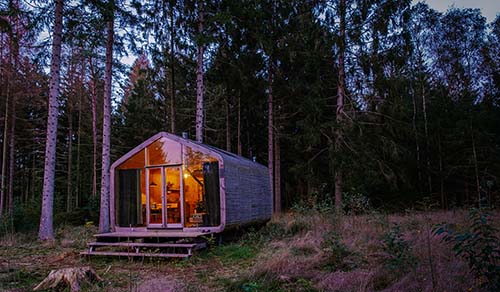
If you live in a home that is off the gas grid, you’ll know that there are a wide range of options available to choose from to heat your home. There are over 4 million homes in the UK which are aren't connected to mains gas and this number continues to rise with more people embracing self-sufficiency as well as the money saving benefits. In particular, oil boilers are one of the most common off gas grid heating options, but how do they compare with electric boilers?
In this heating blog, we’ll be looking at how oil boilers compare to their electric boiler counterparts. We’ll be covering:
• How each type of boiler works
• The pros and cons of each
• How much they cost
So, if you are looking to change your non-mains gas heating system, then this blog will give you some insight into these two boiler options.
Electric boilers
The way electric boilers work is not too dissimilar to gas boilers. Electricity is used to pass electric current through a heating element within the electric boiler which heats the water. When the cold water passes over the heating element, heat is transferred which results in hot water that can either be transported around your home or stored for use later. The way an electric boiler works, and stores water can vary depending on the type of electric boiler you install. These are:
Electric combi boilers: An electric combi boiler heats water on demand which uses more power than other types of electric boilers. However, they don’t require hot water storage cylinders which makes them a great choice for homes that have less space.
Electric flow boilers: Also known as ‘heat only’ boilers, electric flow boilers are best suited to larger homes that have a higher demand for hot water. If they are being used for both heat and domestic hot water, they will require a hot water tank to store the hot water for use when needed. The heated water is distributed throughout a home using motorised valves, pumps, and tanks. They can also be configured for heat only which does not require a water storage tank.
Electric system boilers: These contain the external components like a pump from a heat-only boiler system and include them in the body of the boiler. Electric system boilers don’t take up as much space because they only need a hot water tank. You’ll find that system boilers can vary, with some not requiring a hot water cylinder because it is integrated within the boiler which is designed to fit in smaller spaces.
Oil boilers
Just like electric boilers, oil boilers work like a gas boiler. All that is different is the fuel used. In the combustion chamber of an oil boiler, the fuel is ignited, and a heat exchanger warms up cold water, which can either be from the mains when using a combi system or if using a conventional system, the cold water will come from a tank. The heated water can be used for home heating and hot water.
The oil boiler requires a tank to store the oil until it’s required which is installed on the grounds of the property, but strict regulations need to be adhered to when storing oil. But more on that point further down in this blog.
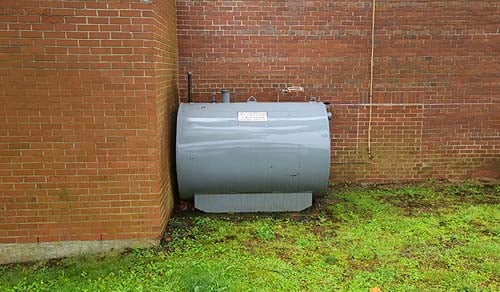
The pros of electric boilers
Great efficiency: Electric boilers provide heating and hot water much more efficiently than other boilers. In fact, they are almost 100% energy efficient. Because they don’t use any type of combustion, there are no loses through flue gases, which means you’ll use less energy to meet your heating requirements.

The cons of electric boilers
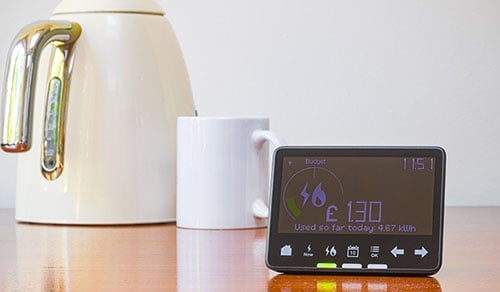
The pros of oil boilers
Cheaper to run: Currently electricity is almost triple the cost per kW/hour compared to the price of oil. You can also stock up on oil when the price is at a lower point to save running costs a bit further.
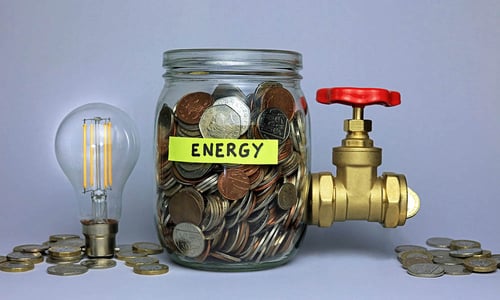
The cons of oil boilers
Higher carbon emissions: Oil boilers release carbon into the atmosphere because they must burn oil. This isn’t good for the environment and can potentially put off potential buyers when you are looking to sell because the trend in more eco-conscious living is growing with pace.
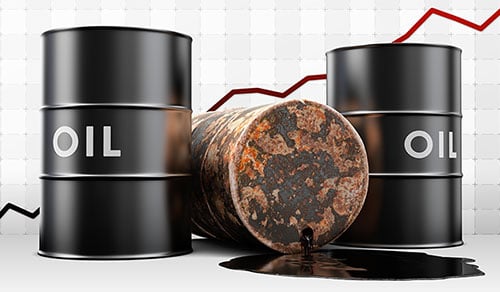
Electric boilers
How much an electric boiler costs varies depending on the manufacturer and the type e.g. electric system boiler vs electric combi boiler. Both lower output and smaller models will start from a price of around £600 to £1,000. Whereas larger and more powerful electric boilers could cost up to £2,500.
When looking at installation costs, if you are replacing an existing electric boiler the cost will be significantly less than replacing a gas boiler system. Installation costs will vary from installer so it’s worth getting three quotes to compare and check that you are getting a fair price. However, for reference, installation costs range between £500 and £1,000.
Oil boilers
The cost of an oil boiler depends on the type and the brand. For example, the cost of an oil combi boiler from Mistral can range from £1,700 - £4,600 (unit only). Whereas a regular oil boiler from the same manufacturer can range from £1,000 - £3,250 (unit only).
The installation costs for oil boilers vary. This is because not one installation is the same and it will also depend on if it is a simple replacement or brand-new heating system. With oil boilers there are more things to consider such us the position of the storage tank and the position of the flue, which makes installation costs higher than those of electric. For a ballpark figure, you can expect to pay between £500 and £2,500.
The general rule of thumb tends to be that if your home has ten or more radiators and a large bathroom, oil boilers are probably the best fit and will cost less in terms of running costs. This is because most electric boilers can’t meet the demands of the home. For those that do, it will cost much more to run.
For everything else, electric boilers are a great option to take a closer look at. If you are also considering solar PV, electric boilers could be a no-brainer because installation is easier and running costs will almost be non-existent.
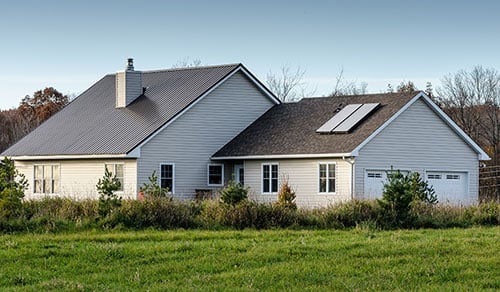
If electric boilers has whet your whistle and you want to find out more, explore our electric boiler pages.
Alternatively, please contact one of the ThermoSphere team who will be happy to help.
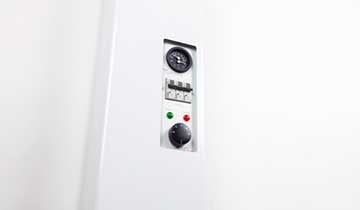
9 min read
How we heat homes is changing and the journey towards reducing carbon emissions is driving it. Gas boilers will be banned from new build developments...

9 min read
Electric boilers are similar in size to gas boilers and, on average, slightly cheaper to install. They have appeal to homeowners who live off the gas...
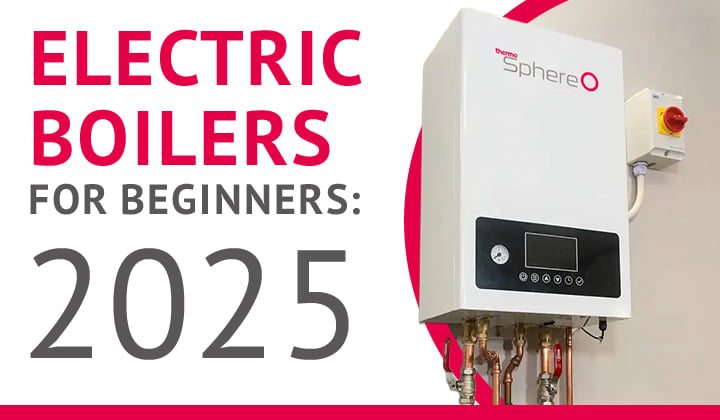
13 min read
If you’ve been hearing more about electric boilers recently, you’re not alone. With the UK government still trying to push towards decarbonised...